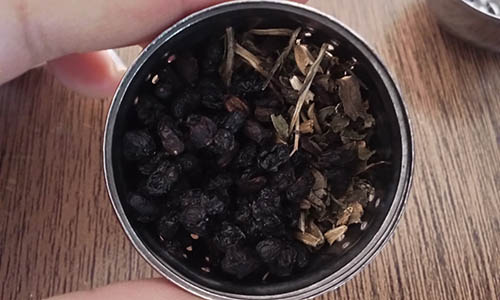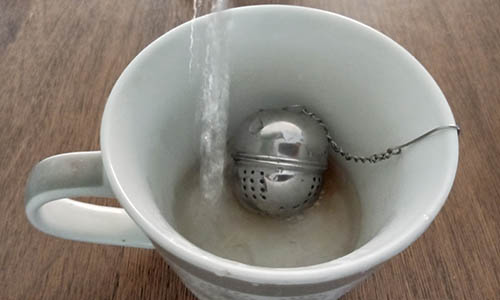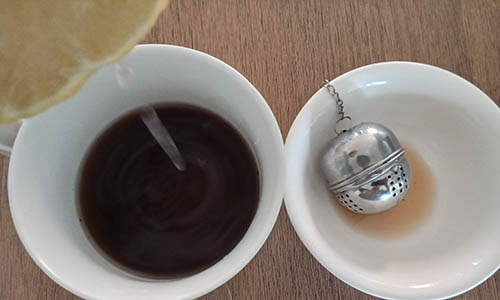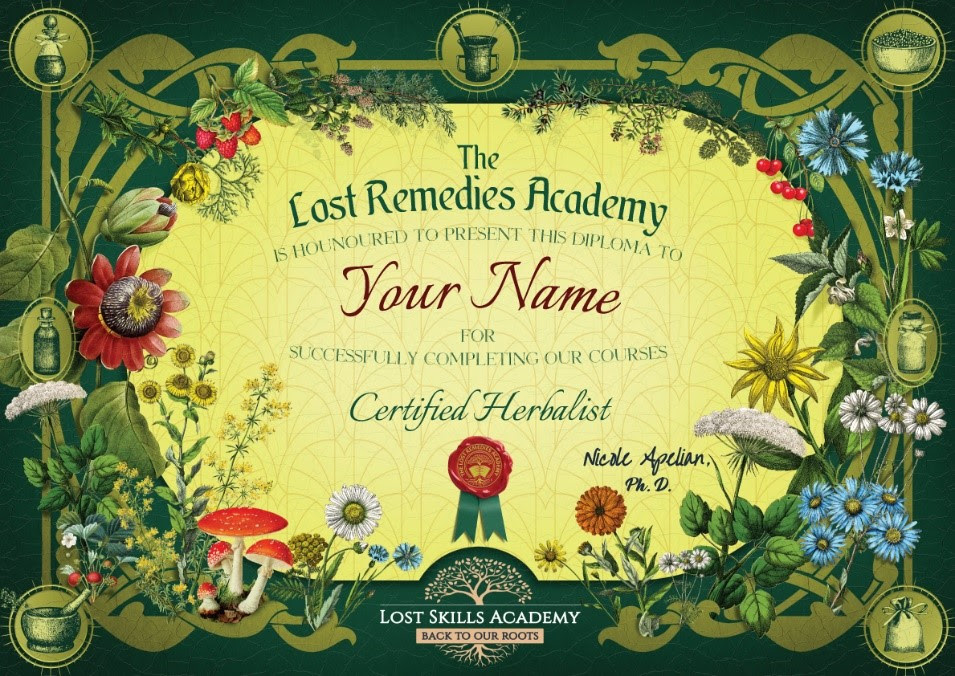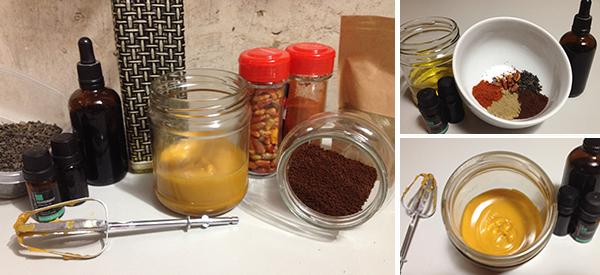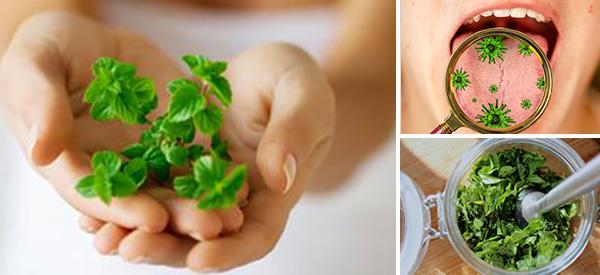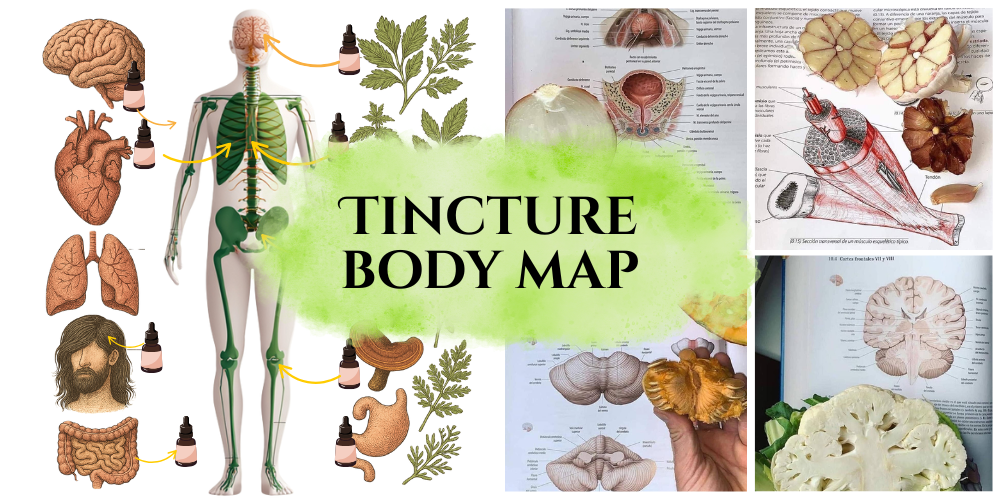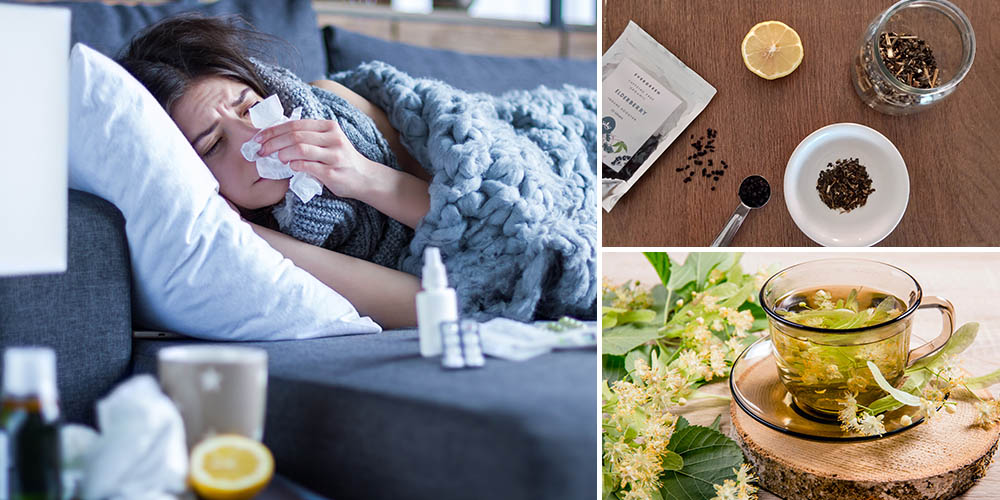
DIY Herbal Infusions for Cold
Sadly, there is no cure for cold viruses, not even antibiotics. Antibiotics only work in bacterial infections but not in viral causes. However, you may take OTC medicines to lower fever or manage body pains. Herbal preparations like teas and infusions also make you feel better and speed up recovery.
What Causes Cold
Virus!
Rhinovirus, enterovirus, human parainfluenza virus, adenovirus, and metapneumovirus are just a few of the virus strains that cause colds.
The virus enters the body, mainly through the nose, irritating it and the throat. It may cause inflammation to which the body responds and produces excess mucus, causing runny nose, sneezing, sore throat, or even fever.
But, why do we catch colds after exposure to rain or eating ice cream and cold treats? These types of colds are triggered by the body’s reaction to abrupt temperature changes. Prolonged exposure to low temperatures also weakens the immune system, making it susceptible to illnesses.
You may think colds come out of nowhere, but the truth is, your immune system could be under attack every single day—without you even realizing it.
Hidden triggers like processed foods, toxins, and chronic stress silently weaken your defenses, making you a prime target for infections.
If you want to strengthen your immune system naturally, you need to address the root cause. Click here to uncover the biggest immunity destroyers and start following a protocol that actually works.
Herbs for Common Colds
Science and medicine cannot curb common colds. Several viruses cause them, and each could mutate and produce a new strain. This means it is impossible to create a vaccine that would protect humans from the different cold viruses.
The best way to combat a cold is to get plenty of rest and fluids and let it run its course. You may use a humidifier, vaporizer, or saline nose spray to alleviate nasal congestion.
And for a long time, people have been using the therapeutic benefits of herbs to ease the discomfort. Here are some of the trusted and easy-to-make concoctions to get you out of bed from flu and cold.
Most people think fighting a cold is about rest and fluids. But this overlooked herb has been shown to block viruses from entering your cells.
Ginger
Ginger (Zingiber officinale) is the most popular flu infusion. Its root has healing properties that help ease congestion and reduce inflammation, especially in respiratory troubles. It is also gentle on the digestive system and counters nausea from a common cold.
Ginger is often prepared with honey and lemon to boost its healing effect.
Elderberry
Elderberry (Sambucus nigra) has bioactive antiviral compounds and may be used as a safe option for viral respiratory illnesses. It has a strong potential to stimulate the immune system, although more studies are needed to validate the findings.
The flavonoids in elderberries may prevent influenza infection by preventing the virus from entering the host cells. Elderberries may be boiled in water until thick and mixed with honey to make a syrup. It is taken twice a day with lukewarm water to alleviate flu and colds.
Turmeric
Turmeric (Curcuma longa) is excellent in dispelling viruses and bacteria. It is considered a warming spice, which provides warmth to the body when taken internally. It may be taken as turmeric tea but is more popularly used as turmeric milk and blended with other ingredients like cinnamon, honey, and black pepper.
Lemon
Taking lemon juice if you have a cold may reduce the number of sick days. Lemon contains a high amount of Vitamin C. Although Vitamin C does not cure the cold, it increases the body’s immune response.
Warm lemon water is also excellent for easing nasal congestion and alleviating a sore throat. You can prepare it by squeezing half a lemon in a cup of warm water and taking it to relieve cold symptoms.
Echinacea
Echinacea (Echinacea purpurea) is an excellent herb for viral and bacterial infections. It is used as an ingredient in some OTC herbal cold and flu remedies because it effectively reduces symptoms and hastens recovery. People who regularly take echinacea tea are likely to experience fewer colds or shorter duration of colds.
The echinacea you buy may not be as pure as you think. Commercial herbs are often sprayed with pesticides and lose potency before they even reach store shelves.
I never realized how much fresher and more potent homegrown herbs were until I started growing my own. The difference was night and day—stronger scents, deeper colors, and a potency you can feel. Now, I always have echinacea and other powerful medicinal plants right in my backyard, untouched by chemicals and ready whenever I need them.
If you want to grow your own healing herbs, this is the best place to start.
Peppermint
Peppermint (Mentha piperita) is a good herbal tea to take if you have a cold and nasal congestion. It contains natural menthol, which may help open the nasal passages to ease congestion and loosen mucus. It is also great for soothing a sore throat and improving relaxation while sick.
Fresh or dried peppermint may be used. Because of their volatile oils, fresh peppermint leaves offer superior flavor than dried ones.
Oregano
Oregano (Origanum vulgare) is best for colds and other respiratory tract problems. It is also a good herbal remedy for allergies, preventing the accumulation of mucus that may lead to colds and coughs. Oregano may be taken as an infusion, or as oregano oil mixed in beverages.
Oregano is more than just a flavorful kitchen herb—it’s packed with powerful medicinal benefits. From fighting infections to easing respiratory issues, this herb has been used for centuries in natural medicine.
If you want to dive deeper into its incredible properties and how it supports your health, check out our article, This is What Oregano Does To Your Body.
Licorice
Licorice root (Glycyrrhiza glabra) is a synergistic herb that may enhance the effectiveness of other herbs. It possesses terpenoids and flavonoids giving it potent antiviral and antibacterial properties. Licorice contains glycyrrhizin, which may alleviate colds and coughs and inhibit influenza virus and enterovirus replication.
Thyme
Thyme (Thymus vulgaris) is a common kitchen herb with a long history in medicine for treating respiratory ailments. It contains thymol that fights pathogens and microorganisms that cause colds, coughs, coryza, bronchitis, and pneumonia. Thyme also reduces fever and general weakness associated with colds.
Yarrow
Yarrow (Achillea Millefolium) is good for wounds and bleeding problems. It is also an excellent herb for preventing allergies and colds. Drinking yarrow tea twice a day may induce fast recovery from colds and fevers. Its cooling and astringent effect aids in faster body healing.
Yarrow is incredible for colds, fevers, and overall immune support—but let’s be honest, not everyone has time to forage and prepare it.
That’s why herbalists rely on the ready-made Yarrow Tincture. A fast, potent way to get the benefits of this powerful herb without all the work.
A Cold is Just the Beginning—Here’s What Happens Next
A simple cold might seem harmless, but if left unchecked, it can spiral into fever, exhaustion, and even dangerous complications. When your body overheats, it’s a sign it’s struggling to fight off the infection… but suppressing a fever with pills can actually prolong your illness.
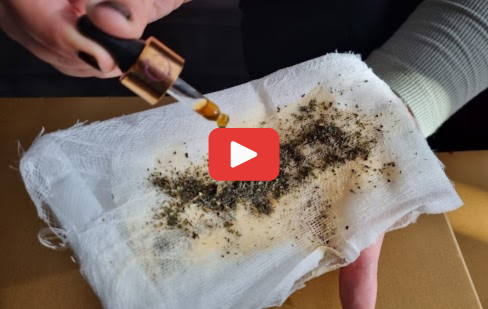 I used to think there wasn’t much you could do for a fever besides waiting it out. But then I came across a video that showed me how to make a powerful fever-absorbing herbal sponge—a remedy that draws out heat, breaks a fever naturally, and speeds up recovery. You can watch it here or by clicking the image.
I used to think there wasn’t much you could do for a fever besides waiting it out. But then I came across a video that showed me how to make a powerful fever-absorbing herbal sponge—a remedy that draws out heat, breaks a fever naturally, and speeds up recovery. You can watch it here or by clicking the image.
Virus-Fighting Elderberry and Echinacea Tea
The best way to prevent a viral infection is to stay home and avoid physical contact. Unfortunately, going into hermit mode is not possible for everyone. Other preventive measures include washing hands and practicing good hygiene.
Taking this virus-fighting tea during cold and flu season helps prevent infection. If you are down with the illness, it may aid in faster recovery, boost immune defense, and avoid reinfection.
 Ingredients
Ingredients
- 1 tsp dried elderberries (or 20 drops of a more potent Elderberry Tincture to boost your immune system)
- 1 tsp dried echinacea
- Honey, to taste (optional)
- Lemon juice, to taste (optional)
Steps
- Place the dried elderberries and echinacea in a tea ball infuser or tea bag.

- Place it in a cup and pour about 1 cup boiling water over the herbs, allowing it to steep for at least 3 minutes.

- Remove the tea ball/bag. Add honey and lemon juice to taste, adjusting the amount according to desired taste.

To use: Take a cup of elderberry-echinacea tea twice a day for colds. The best time to take the infusion is in the morning before breakfast and at night before bedtime.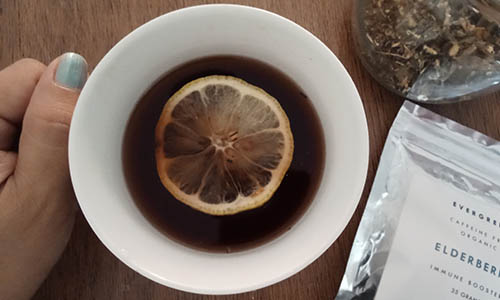
If you are taking any medications, consult with your doctor first before starting any herbal remedies. Echinacea, for example, is known to interact with drugs such as midazolam and warfarin.
A cold should last a few days—but what if it lingers? That stubborn cough, the clogged airways, the feeling that your lungs just won’t clear?
Ignoring mucus buildup can lead to secondary infections and long-term respiratory issues. That’s why the Bronchial Blend Tincture is a must-have for cold and flu season. It breaks up mucus, soothes inflamed airways, and helps you breathe freely again.
Don’t let a simple cold turn into something worse. Click here to clear your lungs naturally.
When Pharmacies Fail, This Knowledge Could Save You. And You’ll Have the Diploma to Prove It!
Imagine this: A crisis hits, pharmacies run dry, and people scramble for solutions. But not you. Because you know exactly which plants to use, how to prepare them, and how to heal yourself and your loved ones—without relying on a failing system.
Most people have lost this knowledge, the ability to turn backyard herbs into potent medicine. They grab overpriced, pesticide-laden herbs from the store, hoping they still have some healing power left. But when illness strikes, hope isn’t enough.
This is why The Lost Remedies Academy exists. Inside, you’ll master the art of herbal medicine from the ground up, guided step by step by Nicole Apelian, Ph.D herself. You won’t just learn remedies, you’ll become the go-to expert among your family and friends, the person they turn to when nothing else works.
And at the end? You’ll receive a beautifully crafted diploma, proof of your herbal mastery! Something to showcase proudly, hang on your wall, or even share on social media. Let the world know you’ve taken control of your health the way our ancestors once did.
👉 Join The Lost Remedies Academy today and claim your spot before it’s too late!

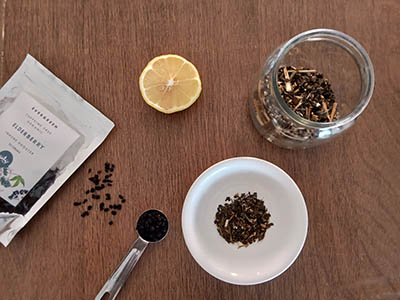 Ingredients
Ingredients